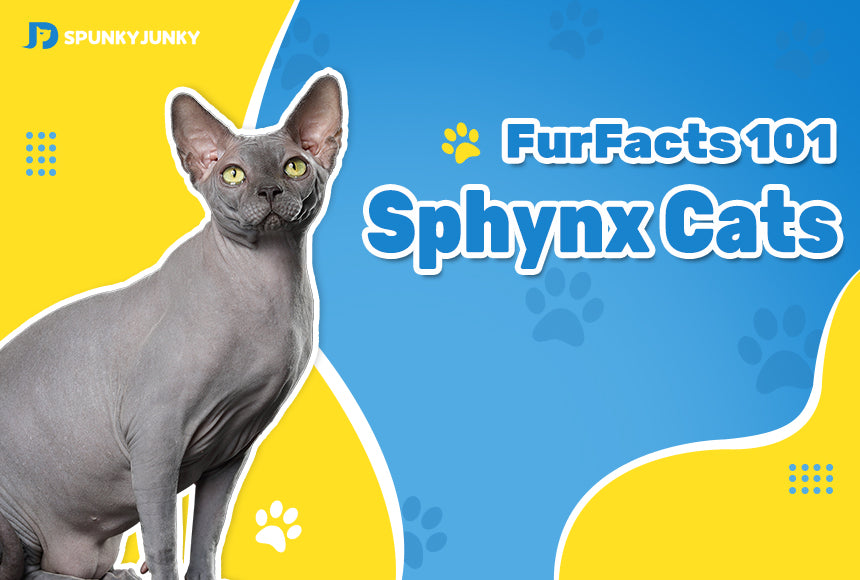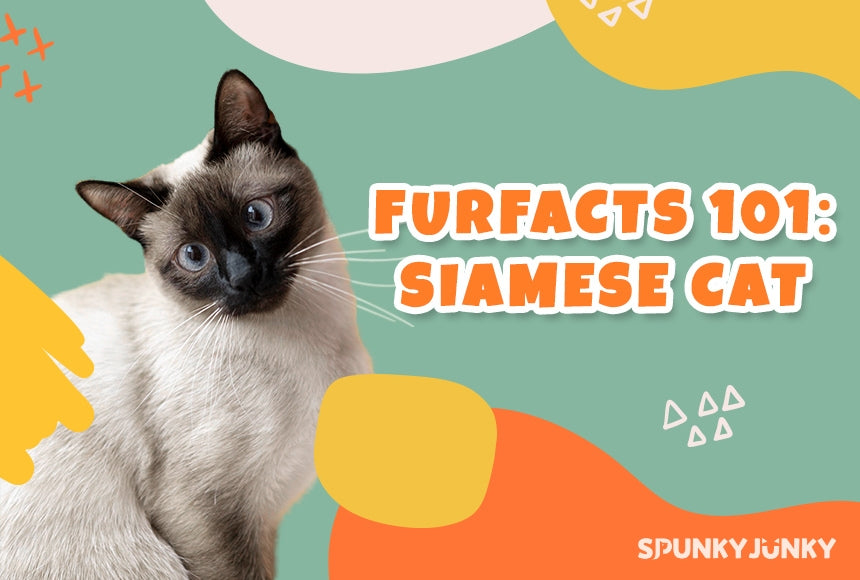Are you ready to embark on an extraordinary journey into the enchanting world of British Shorthair cats?
Get ready to meet these friendly, calm, and oh-so-adorable feline companions! From their magical legends and origins to their unique traits and considerations, there's so much to uncover about these amazing cats.
Whether you're a cat lover or simply curious about the British Shorthair breed, this article will captivate your imagination and leave you wanting to learn more.
So, grab a cozy spot and join us as we dive into the mesmerizing world of British Shorthair cats!
General Information about a British Shorthair Cat
The British shorthair is a big cat. It is known for its friendly and calm nature. They are great companions for families and individuals.
Next, let us explore the magical world of British shorthair cat!

British Shorthair Cat Basic Information:
● Weight: About 7 to 17 pounds, with males slightly larger.
● Length: About 22 to 25 inches.
● Coat length: Short and very dense.
● Coat color: Many solid and patterned colors, including white, black, blue, red, cream, cinnamon, silver, golden, cameo, tabby, tortoiseshell, calico, and bicolor.
● Eye color: Varies depending on coat color and pattern, but may be blue, gold, copper, green, blue-green, hazel or odd-eyed (eyes of two different colors).
● Life expectancy: 12 to 16 years.
British Shorthair Cat Traits and Attitudes:
● Affection Level: ⭐️⭐️⭐️⭐️⭐️
They enjoy snuggling up and being close to their human family members. Their loving nature often leads to deep bonds and strong attachments.
● Family-friendly: ⭐️⭐️⭐️
They are patient and tolerant, making them suitable companions for children. Their calm and gentle nature allows them to adapt well to family environments.
● Exercise Needs: ⭐️⭐️⭐️
They are not overly active cats and are content with regular playtime and interactive toys. While they may enjoy brief bursts of energy, they are generally more laid-back and relaxed.
● Energy Level: ⭐️⭐️⭐️
They are not as high-energy as some other breeds and are known for their calm and composed demeanor. They enjoy peaceful and serene environments.
● Intelligence: ⭐️⭐️⭐️⭐️⭐️
They are curious and observant, always exploring their surroundings with a keen interest. They can quickly learn and adapt to new situations and may even enjoy puzzle toys and interactive games.
● Amount of Shedding: ⭐️⭐️⭐️
While they do have a dense and plush coat, it is relatively short, which means less hair shedding compared to long-haired breeds.
Pros and Cons of British Shorthair

Pros of British Shorthair Cats:
1. Cute: British Shorthairs have adorable round faces, soft fur, and big eyes that make them super cute and huggable.
2. Friendly and Calm: These cats are very friendly and calm. They like to relax and be around people, which makes them great companions.
3. Loving and Affectionate: British Shorthairs love to show love! They enjoy cuddling and being petted, and they make great snuggle buddies.
4. Easy to Take Care Of: Their short fur is easy to groom. They don't need as much brushing as other cats, which means less fur flying around the house.
5. Good with Kids and Pets: British Shorthairs are usually good with children and other pets. They get along well and can be part of a happy family.
Cons of British Shorthair Cats:
1. Watch Their Weight: These cats can gain weight easily, so it's important to make sure they eat a balanced diet and get enough exercise.
2. Health Issues: Some British Shorthairs may have certain health problems, like heart or kidney conditions. Regular visits to the vet can help keep them healthy.
3. Need Playtime: Although they are generally calm, British Shorthairs still need playtime and stimulation to stay happy and entertained.
4. Can be Expensive: British Shorthairs can cost more than other cats because they are in high demand. Finding a good breeder may take time and money.
Legends and Origins of British Shorthair Cat
Once upon a time, in a world filled with enchantment, there lived a magical cat called the British Shorthair. This cat's history is like a fascinating story, full of mystery and wonder.
Long, long ago, in ancient Rome, these special cats were beloved by powerful emperors. Their coats shimmered like gold and silver, making them the most regal companions. But as time went by, something incredible happened. These noble cats journeyed to the faraway lands of Britain, bringing their enchantment with them.
They mingled with the local cats, and their offspring inherited their majestic traits. People began to see them as wise creatures, with eyes that held ancient secrets. Some even believed they had magical powers, like healing with their purrs or bringing luck to those around them.
The legends and stories of the British Shorthair's origins continue to amaze us, reminding us of a time when magic and wonder were a part of everyday life. So, whenever you see a British Shorthair cat, remember that you're in the presence of a magical creature, carrying the tales of a bygone era.
Considerations Before Welcoming a British Shorthair Cat
There are some important considerations to keep in mind before bringing a British Shorthair into your home. These adorable cats have their own unique needs and preferences, and providing the right environment for their health is crucial.
Here are some key considerations:

1. Plenty of Room: The British Shorthair is known for being stocky and muscular. They love having plenty of room to roam and explore comfortably. Make sure your home has enough room for them to move around and play.
2. Regular Cleaning and Grooming: British Shorthairs have thick, plush fur that requires regular grooming to keep it in good shape. Plan to brush regularly to prevent tangles and keep the coat healthy and shiny.
3. Comfortable Environment: British Shorthairs are generally calm, easy-going cats. They like a relaxed environment and may not like an environment that is too loud or noisy. Consider whether your home and lifestyle match their ethos.
4. Playtime and Enrichment: While British Shorthairs are not as energetic as other breeds, they still enjoy playtime and mental stimulation. Provide them with interactive toys, scratching posts, and opportunities for gentle play to keep them entertained and happy.
5. Time and Attention: British Shorthairs thrive in human company and enjoy spending time with their owners. Make sure you have enough time to care for them, socialize and love them.
By considering these aspects, you can create a welcoming and nurturing environment for your new British Shorthair companion, laying the groundwork for a fulfilling and happy relationship.
How Much is a British Shorthair Cat?
The price of a British Shorthair can vary depending on a number of factors, such as pedigree, age, color, and the breeder you choose. Today, a British Shorthair can cost between $1,000 and $2,000.
So, why are British Shorthair cats so expensive?
However, if you decide to adopt a British Shorthair from a rescue or shelter, the fee can be lower, usually between $100 and $500. Adoption fees usually include vaccinations and neutering.
It's worth noting that the initial cost of buying a cat isn't the only expense to consider. Owning a British Shorthair requires additional expenses such as vaccinations, neutering, regular veterinary checkups, quality cat food, grooming supplies, toys, and other necessary supplies.
Therefore, before bringing a British Shorthair into your home, it is important to consider your budget and ensure that you can accommodate their ongoing care and needs.
Additional Information You May Be Interested in British Shorthair Cat
1. What is the rarest British Shorthair colour?
British Shorthairs come in many different colors and patterns. Their colors can be blue, black, white, cream, chocolate, lavender, and silver.
The rarest color for British Shorthairs is called Cinnamon. This is a special color, a warm reddish brown. Cinnamon British Shorthairs are not as common as other colors because cats of this color are hard to find. They have unique and beautiful fur that makes them stand out.
The rarity of the color may vary depending on where you live and what the breeder does. If you want a cat in a rare color like cinnamon, you may have to do some searching and find a breeder who specializes in that color. But all British Shorthairs are unique, no matter what color they are!
2. Are British Shorthair Cats Hypoallergenic?
Some people may wonder if British Shorthair cats are good for people with allergies. Well, the truth is that British Shorthairs are not considered hypoallergenic. Hypoallergenic means they are less likely to cause allergies in people who are sensitive to cat allergens.
British Shorthairs have thick and soft fur, and they produce allergens like dander, saliva, and urine, which can trigger allergies in some individuals. Allergies can be different for each person, so it's important to spend time with a British Shorthair cat before deciding if they are a good match for you.
If you or someone in your family has allergies, it's best to talk to a doctor or visit a breeder to see how you react to being around British Shorthair cats. They may suggest some ways to minimize allergens, like keeping a clean home and using air purifiers.
Remember, it's always important to make sure you can enjoy a cat without any discomfort or health issues!
3. What Other Health Issues Do British Shorthair Cats Have?
Like all breeds, British Shorthair cats can be prone to certain health problems. While they are generally considered a robust and healthy breed, some common health issues that can affect British Shorthairs include:
● Hypertrophic Cardiomyopathy (HCM): This is a heart condition where the heart muscle thickens, potentially leading to heart failure. HCM is a genetic disease, so responsible breeding practices are essential to minimize its occurrence.
● Polycystic Kidney Disease (PKD): PKD is a hereditary condition where fluid-filled cysts develop in the kidneys. Regular veterinary check-ups and genetic testing in breeding cats can help detect and manage this condition.
● Obesity: British Shorthairs have a tendency to gain weight if not fed a balanced diet and given enough exercise. Obesity can lead to various health issues, including diabetes and joint problems.
● Respiratory Problems: Brachycephalic breeds, such as British Shorthairs, have a flat facial structure, which can lead to respiratory issues. They might experience difficulty breathing, especially in hot or humid weather.
● Patellar Luxation: This is a condition where the kneecap dislocates from its normal position. While it can occur in any cat breed, some British Shorthairs may be more susceptible.
To minimize the risk of these health problems, provide your British Shorthair with a balanced diet, regular veterinary check-ups, and a safe and enriching environment to help them lead a healthy and happy life. If you notice any signs of illness or unusual behavior, seek prompt veterinary attention.
Final Thoughts
In conclusion, the British Shorthair cat is a remarkable breed filled with charm, beauty, and a delightful personality. They make excellent companions for individuals and families alike, bringing joy and warmth to any home. From their affectionate nature to their stunning coat colors and patterns, there's no doubt that British Shorthairs are truly special.
If you've enjoyed learning about cats, we invite you to explore more fascinating articles and resources about different cat breeds and their captivating stories. There's a whole world of feline wonders waiting to be discovered, and we're here to guide you on your journey of feline fascination. So, continue your exploration and let your love for cats flourish!






